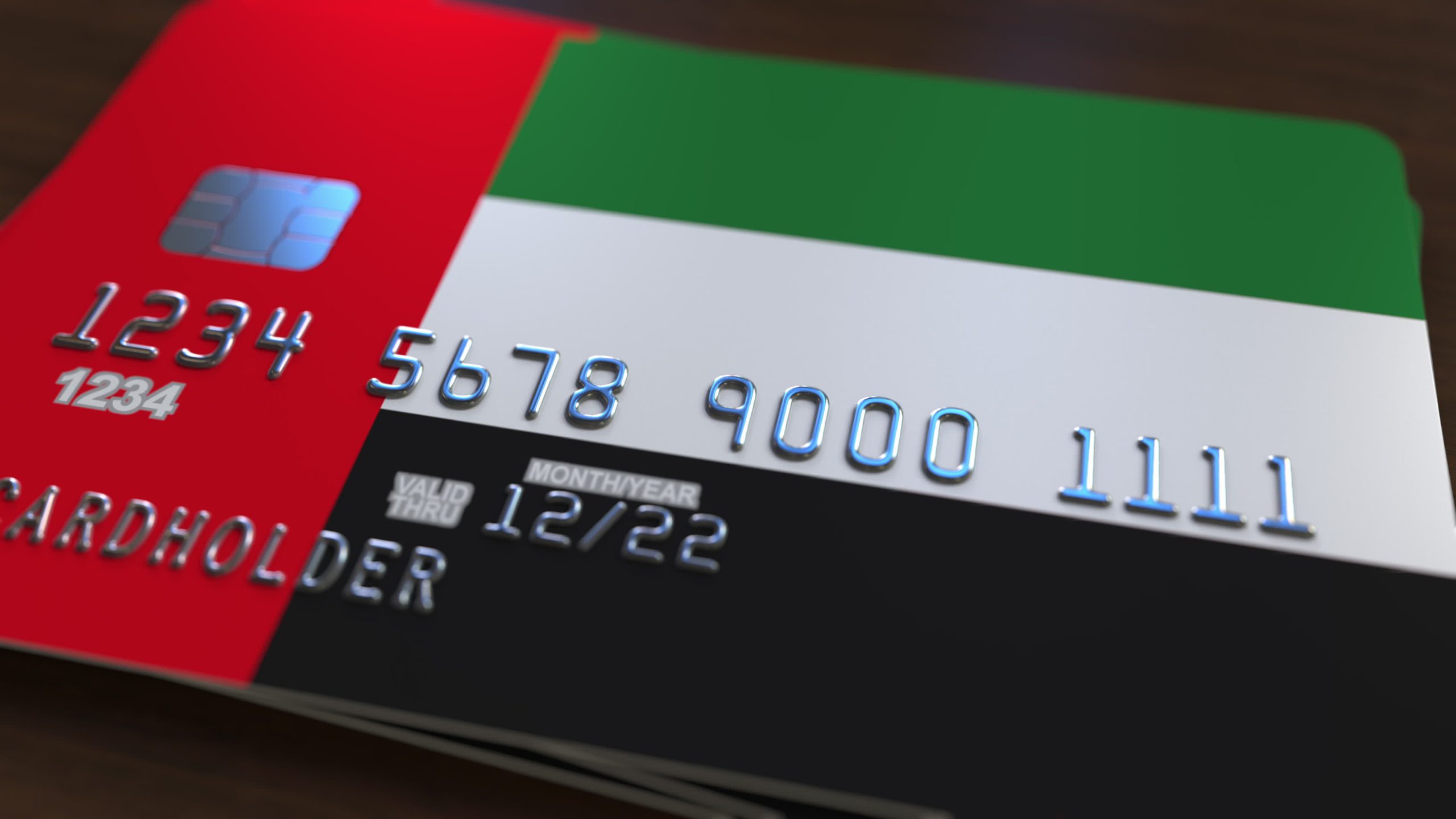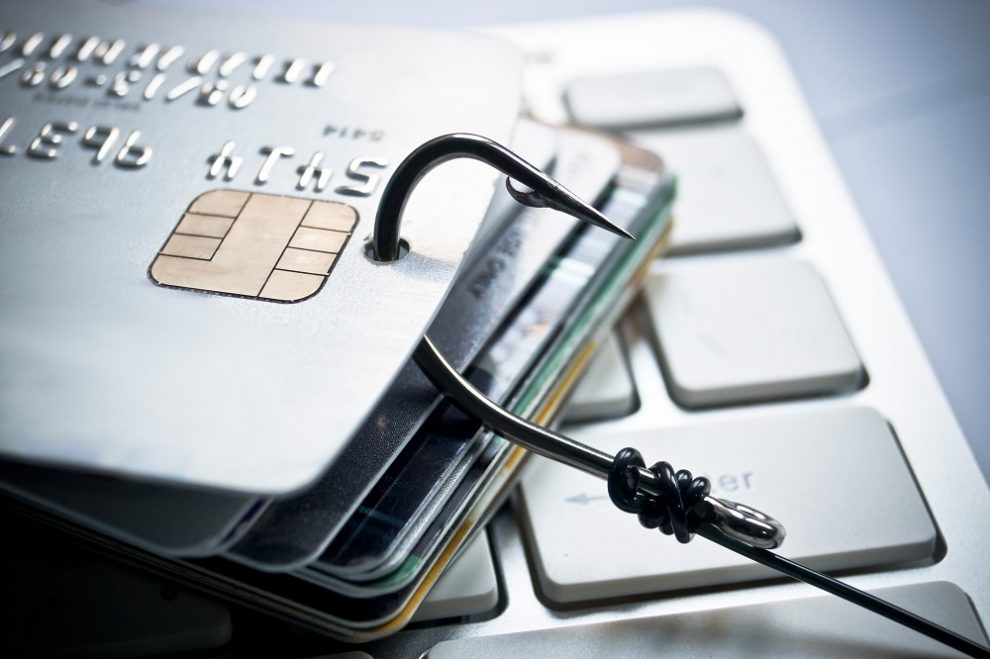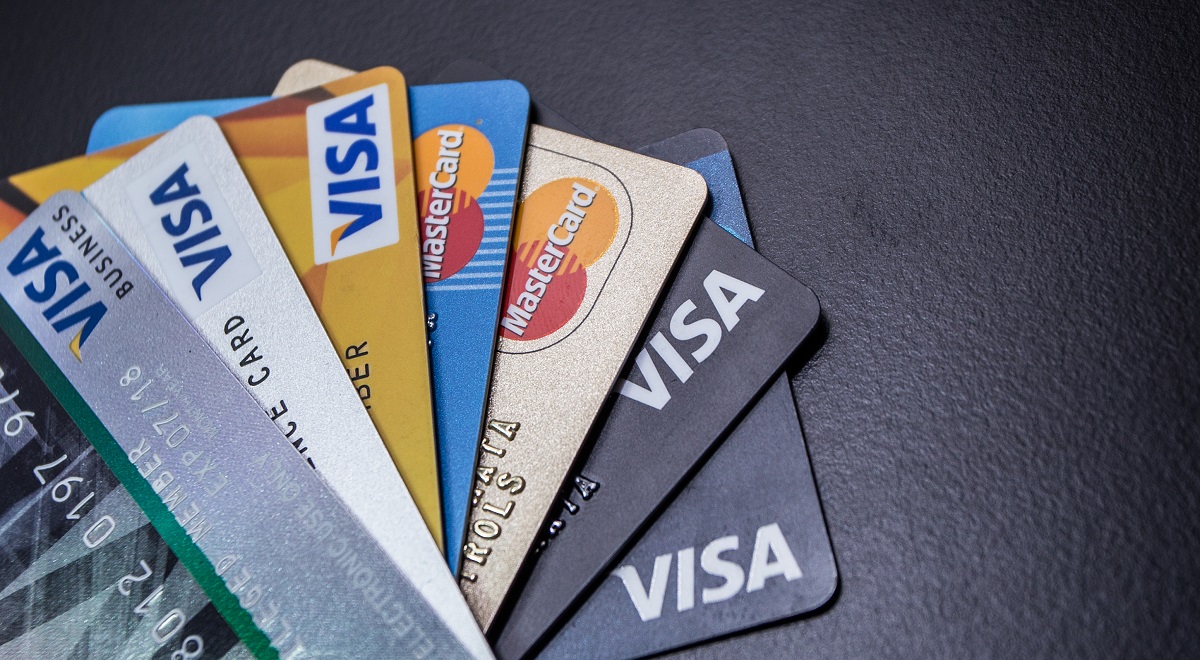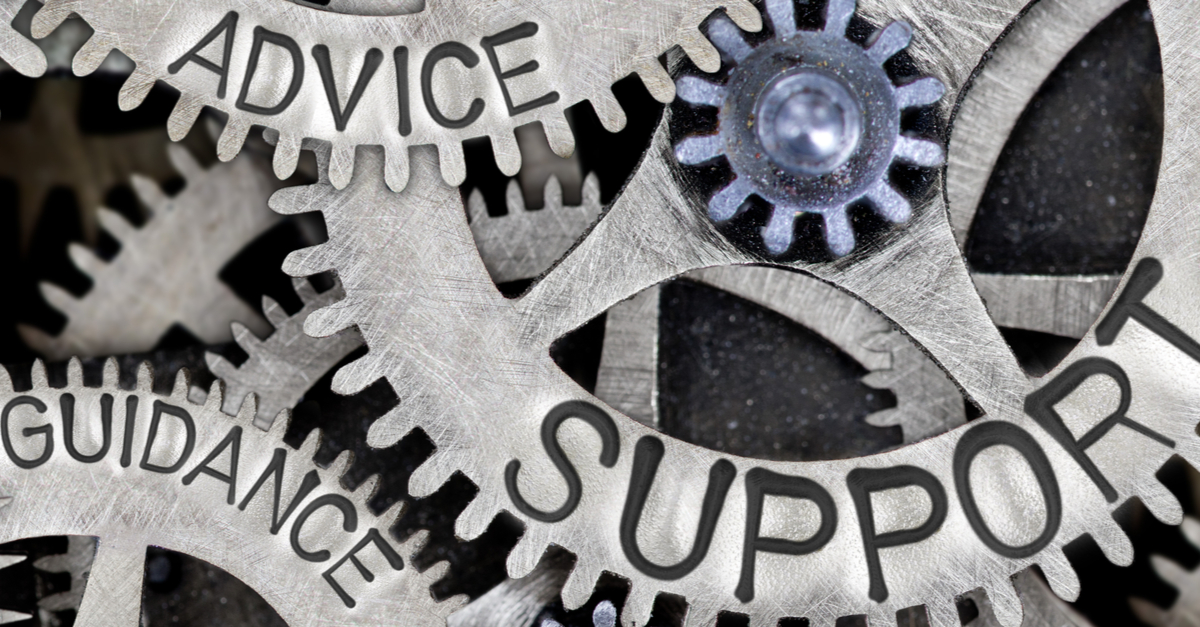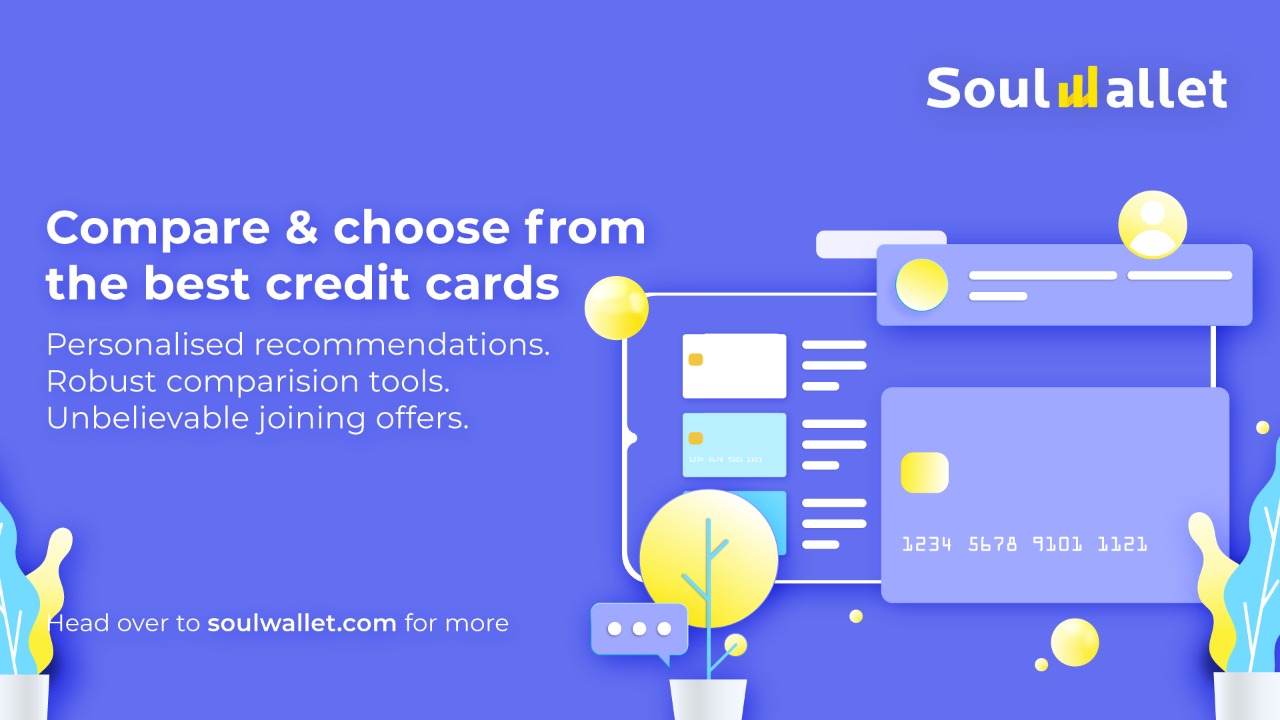We are essentially one year since Covid-19 has utterly transformed our lives. From our constrained day-to-day routines to the way that we interact with others, we are all trying our best to retain a sense of normalcy during these uncertain times.
One area of our lives which may not seem normal is our finances. Whether you have lost your job or are struggling to pay your bills, you may have taken on credit card debt to get through this global pandemic. While it’s unclear when the pandemic will end, there are several strategies you can take today to manage your credit card debt.
Strategy One: Consolidate Your Debt
Debt consolidation can be an attractive option to manage your credit card debt. If you haven’t yet heard of debt consolidation, it is essentially taking a high-interest credit card (or credit cards) and combining your debt into one lower payment. Not only are you paying a lower interest rate, but you are paying only one credit card bill per month. In exchange,
You can leverage debt consolidation by either taking on a debt consolidation loan or by rolling over your credit card balance onto a 0% interest credit card. This strategy is more suited for individuals who have significant amounts of credit card debt, rather than those with more minimal debt.
Crucially, however, consolidating your debt may result in a longer repayment period. You may have a smaller month-to-month payment, but you may be paying more in the long run. Keep this in mind as you are considering this strategy.
Strategy Two: Try to Pay More Than Your Minimum Payment
While it may seem simple, this is an outstanding strategy to minimize your credit card debt. Credit card companies want you to pay the minimum amount on your credit card statement (which is typically 2-3% of the overall balance). However, by paying this minimum balance, you are actually paying more later. This is because interest accrues on the remaining balance. The more you have on your balance, the more interest that you will need to pay.
Because of this, you should think hard about paying more than your credit card’s minimum payment. That said, there’s a fine line between paying more than your minimum and also having free cash to spend on other daily necessities. While you will need to make that determination yourself, paying more than your minimum credit card payment can save you money in the long run.
Strategy Three: Prioritize Your Debts
Prioritizing your debts can help you save some much-needed cash. The core of this strategy is looking at your credit card balances and focusing on paying off the card with the highest interest rate. This is a simple, yet effective strategy. Higher interest rate credit cards will cost you more in the long run, so you should pay off those bills first (ideally, more than your minimum payment).
You can also prioritize paying off a credit card with the lowest balance. This can remove one balance so that you can focus on your other balances. In the end, these are two ways that prioritizing your debts can help you obtain financial relief.
Strategy Four: Become a Great Budgeter
Part of getting into credit card debt is spending money that you may not necessarily have. Because of this, one natural way to manage your credit card debt is to impose spending discipline.
This can be especially difficult amidst Covid-19. While your income may have substantially decreased, your expenses may have remained the same. As hard as it may be, see if you can cut out any extraneous expenses. You may need to make some sacrifices right now. But by doing so, you will use that cash to pay off your credit card debt. Before you know it, you will be debt-free and will be able to adopt your old lifestyle.
Strategy Five: Contact Your Creditors
This strategy may seem a bit unconventional, but it has worked in the past. If you have excessive credit card debt that you’re struggling to pay off, don’t hesitate to contact your creditors. The natural place to start is your credit card company. Do some research on their website and see if they have any type of hardship program. That hardship program may have already existed before Covid-19 or the company may have implemented a new program due to the pandemic. Check out your options and see if you are eligible for these types of programs.
If that fails, don’t hesitate to pick up the phone and directly contact your creditor. Explain your current situation and share your track record of consistent payments (if you have one). By doing this, you may find a hardship program that substantially eases your financial pressure.
Relief on the Horizon
As you can see, there are several different options that can help you manage your credit card debt. While each of these options can provide real relief, you need to determine the best option (or options) for you. From there, aggressively pursue those options. By being bold and aggressive, you will get that much closer to relieving your financial pressure.


